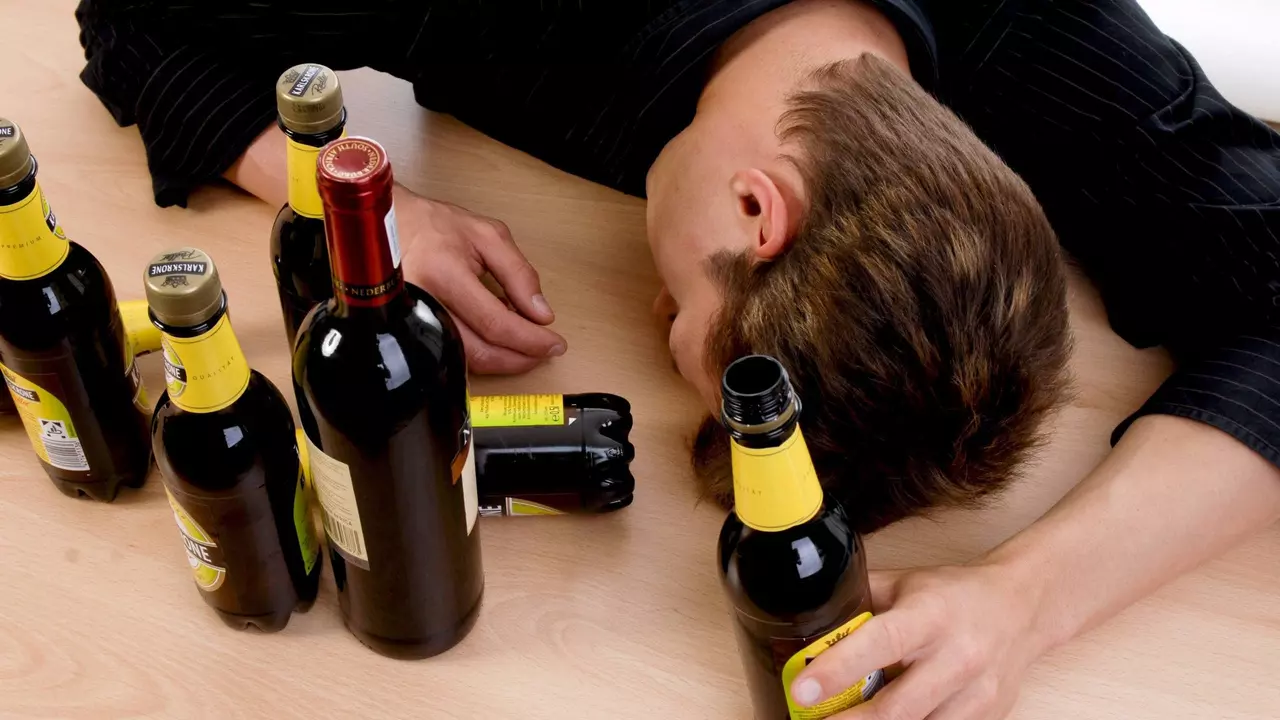Well, folks, here's a zinger of a question: Should we seriously consider the ramblings of our tipsy pals? My thought? Absolutely! As a firm believer in the 'drunken words, sober thoughts' theory, I reckon there's often truth wrapped up in those beer-blurred statements. Now, don't get me wrong, I'm not saying we should base life decisions on barroom babbling, but hey, sometimes it's worth lending an ear to your inebriated mate. And remember, just because the thought was born in a brewery, doesn't mean it's automatically a bad idea!
Drunkenness: What Happens When Alcohol Takes Over
Ever wondered why a quiet buddy turns loud and silly after a few drinks? That's drunkenness – the brain’s reaction to alcohol. When you sip, ethanol travels to your bloodstream, reaches the brain, and messes with the chemicals that control judgment, coordination, and mood. The result? Slurred speech, slower reflexes, and a shift in how you act around others. Knowing the science makes it easier to spot the signs before things get out of hand.
Typical Behaviors When People Are Drunk
Most folks notice a few common patterns: louder conversations, exaggerating stories, and a drop in inhibitions. Some become overly friendly, others aggressive, and a few might feel emotional swings. You might see clumsy steps, trouble focusing, or a sudden urge to dance on a table. These changes aren’t random – they’re the brain’s way of coping with reduced control. Recognizing them early helps you respond calmly instead of reacting with frustration.
How to Handle Drunk Friends Without Drama
First, stay calm. If a friend is shouting or stumbling, a gentle "Hey, let’s get some water" works better than a harsh "Stop it!" Offering water or a snack can slow absorption and give them a breather. Keep an eye on their location – crowded bars can be risky if they lose balance. If they seem too unsteady, suggest a quiet spot to sit. And never leave them alone in a risky situation; a quick escort to a safe area can prevent accidents.
Setting limits before the night starts also saves headaches later. Agree on a drink count or a backup ride home. When everyone knows the plan, the pressure to keep drinking drops. If you’re the designated driver, stick to non‑alcoholic drinks yourself – it’s easier to spot problems when you’re sober.
When someone gets too drunk, don’t argue about it. Instead, focus on practical steps: get them a glass of water, call a cab, or call a trusted friend for help. If they’re vomiting or can’t stay upright, watch for signs of alcohol poisoning – confusion, slow breathing, or a bluish skin tone. In those cases, call emergency services immediately. It’s better to be safe than regretful.
After the night ends, check in with your friend the next day. A quick "How are you feeling?" shows you care and opens the door for honest conversation about drinking habits. If drunkenness becomes a regular problem, suggest professional help or a support group. Remember, the goal isn’t to judge but to keep everyone safe and enjoy the good times responsibly.
Understanding drunkenness, spotting the tell‑tale signs, and having a few go‑to safety moves can make social drinking a lot less stressful. Keep these tips handy, look out for your crew, and you’ll all have a better night out – with fewer regrets and more memories worth keeping.
